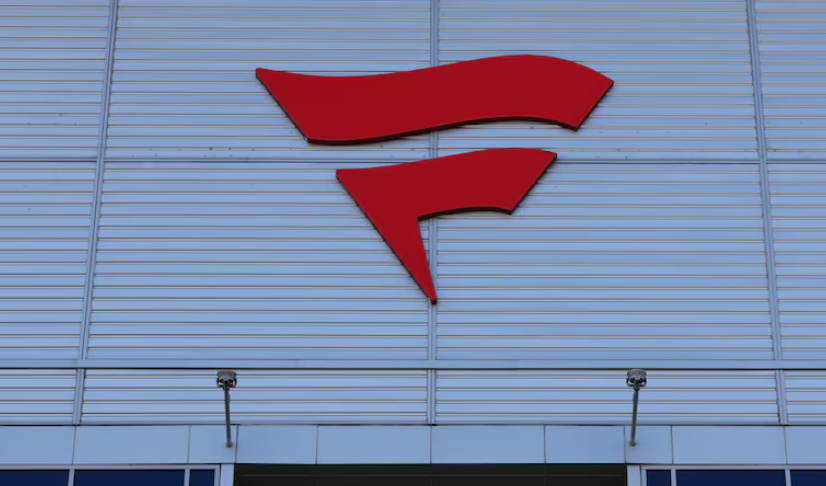In a corner of the collectibles world where paper becomes as precious as gold, a legal feud between trading card giants Panini and Fanatics is promising more plot twists than a mystery novel. The high-stakes courtroom battle isn’t showing signs of a swift conclusion after a federal judge decided that both parties have their day—or rather, many days—in court.
The courtroom stage was set when Fanatics swooped in with exclusive licenses for NFL and NBA cards, an acquisition that caused more consternation than a forced fumble in a crucial football game. Feeling cornered, Panini did what any self-respecting heavyweight would do—filed an anti-trust lawsuit in 2023, alleging that Fanatics was unfairly monopolizing the market. Not to be outdone, Fanatics countersued, accusing Panini of meddling in its business affairs. Like a blockbuster sequel that just refuses to end, this drama gained a fresh chapter with the recent ruling of Judge Laura Swain of the Southern District of New York.
The judge’s decision can be best described as a smorgasbord of legal delicacies, where each party found something to both savor and spit out. For Panini, Judge Swain found enough breadcrumbs to suggest that Fanatics indeed possesses monopoly power. In a world where one company holding the reins can lead to higher prices and competitors sidelined like a benched rookie, Panini’s arguments gained traction. However, the celebrations were short-lived, as the judge dropped a bombshell—she couldn’t find Panini critically harmed by Fanatics’ supposed misdeeds; after all, as one of the last two titans standing, Panini somehow benefited from the current duopoly.
Fanatics, on the other hand, couldn’t entirely pop the champagne either. Its cries of unfair competition fell on deaf ears. The judge ruled that Panini didn’t violate any competition laws—merely put a few hurdles in Fanatics’ path, a move more like gamesmanship than foul play. But in a partial victory that Fanatics could stick in their trading card album, the company was allowed to continue its claims about Panini’s attempts to prevent employees from trading jerseys for new ones bearing the Fanatics logo.
So what does all this legal drama mean in practical terms? It signifies a drawn-out saga, complete with discovery—think tense depositions of executives, sifting through mountains of internal documents, and key witnesses taking the stand. If Hollywood hasn’t already queued this one for a Netflix special, it’s only a matter of time.
Meanwhile, trading card collectors—the heart, soul, and wallet of this industry—remain largely on the sidelines, enjoying Topps cards from Fanatics without immediate impact. But the long-term implications could be immense. A Panini victory might pave the way for more businesses, spawning a competitive trading marketplace reminiscent of cards being shuffled in a dealer’s hand. Conversely, should Fanatics triumph, the financial blow to Panini could weaken its stance, allowing Fanatics to tighten its grip, possibly curtailing choices for collectors.
The suspenseful question now is whether this legal dance results in a renaissance of options for collectors or if one player will establish an empire that even Genghis Khan would admire. Suffice it to say, the hobby’s future could ride on the outcome of these proceedings.
For now, the cards are in the air, and as the courtroom showdown heats up, the world of trading cards watches with bated breath. With collectors and investors primed for impact, this saga serves as a reminder: in the world of prized collectibles, not even a blank card bears as much potential as the underscored drama of Panini versus Fanatics.
